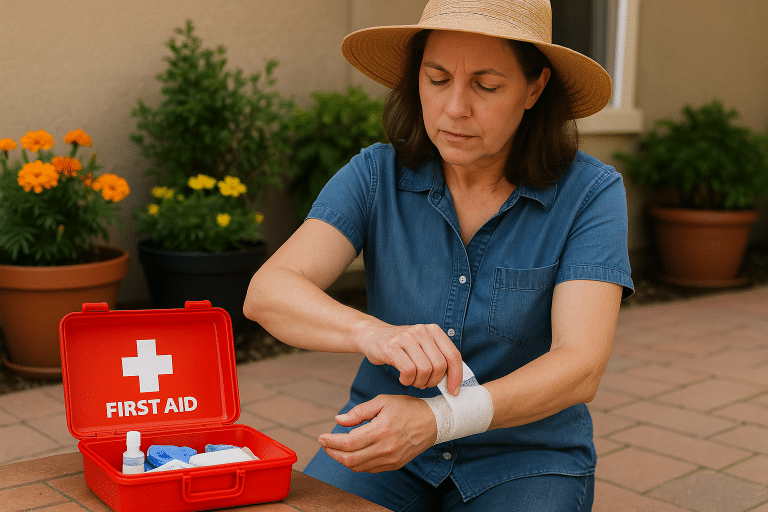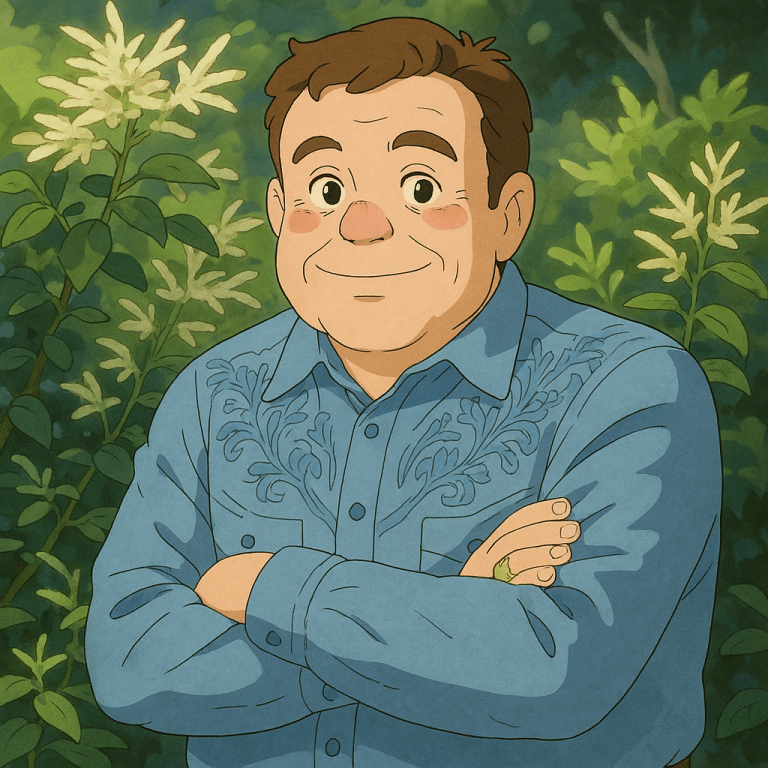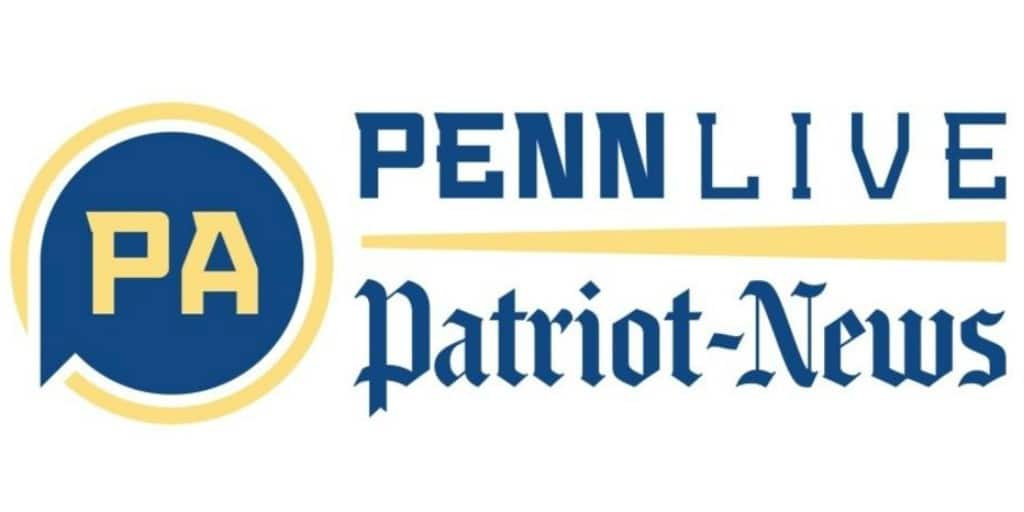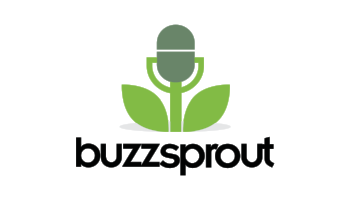Homeownership and Emergency Preparedness
Being a homeowner brings both pride and responsibility. Whether you’re managing the landscaping, tackling DIY projects, or just taking care of the everyday household tasks, you’re in charge of not only maintaining your property but also ensuring the safety of everyone who enters your home.
While many of us focus on securing our homes with locks and security systems, there is one critical aspect of safety that is often overlooked—being prepared for emergencies. Accidents, medical emergencies, or unexpected situations can arise at any time, and being prepared is key to handling these moments effectively.
That’s where Certification in First Aid and CPR comes in. It ensures that you’re equipped to deal with emergencies that might happen in your home, providing the confidence to act fast and potentially save a life.
Common Household Emergencies and How to Prevent Them
While we can’t anticipate every emergency, understanding the common risks around the home can help you prepare for the unexpected. The good news is that many injuries and emergencies can be prevented with a few simple precautions:
- Cuts and Scrapes: Whether from handling kitchen knives, gardening tools, or power tools, cuts are one of the most frequent injuries at home. Proper safety measures like wearing gloves and using tools with safety features can help minimize these risks. However, knowing how to clean and dress wounds is just as important.
- Back Strains: Home improvement projects, lifting furniture, or even heavy gardening can strain your back. It’s important to use correct lifting techniques and stretch before starting any physical work. If you experience a back injury, understanding basic first aid to treat sprains and strains is helpful until professional help arrives.
- Pesticide and Chemical Exposure: Many household cleaning products and pesticides pose significant health risks if not used properly. Always follow the manufacturer’s instructions for usage, wear protective gloves and masks, and ensure that these substances are stored safely. Being prepared with First Aid knowledge in case of exposure is key.
- Burns: Whether from the kitchen or a DIY project, burns can happen unexpectedly. Treating first and second-degree burns promptly can prevent further injury and alleviate pain. Knowing when to seek medical help for more severe burns is a crucial skill.
- Choking: Small objects, food, and liquids can all be choking hazards in the home. Understanding how to perform the Heimlich maneuver and recognizing when someone is choking can be life-saving, especially for children and elderly family members.
How CPR and First Aid Training Can Empower You
Being certified in CPR and First Aid goes beyond just knowing how to handle wounds or choking. This certification prepares you to act quickly and confidently in a variety of situations:
1. Improved Confidence in Emergency Situations
Emergencies can be overwhelming, especially if you’re not sure how to help. By obtaining CPR and First Aid certification, you gain the knowledge and skills to respond effectively. This knowledge can help you stay calm under pressure, make quick decisions, and take appropriate action to prevent the situation from worsening.
2. Creating a Safer Home for Your Family
Every home is filled with loved ones—children, elderly parents, and even pets—and ensuring their safety should be a top priority. By getting CPR and First Aid certified, you take a proactive step in protecting those who depend on you. It’s one of the most effective ways to ensure that you’re prepared for accidents, illnesses, or medical emergencies.
3. Knowing When to Seek Professional Help
One of the biggest advantages of CPR and First Aid training is the ability to assess the severity of a medical situation. Sometimes, the most important thing is knowing when to seek help. Whether you’re dealing with a fainting episode, a seizure, or a serious injury, knowing the right steps to take while waiting for emergency medical responders is essential.
How to Get CPR and First Aid Certified
Getting CPR and First Aid certified is easier than you might think. Many organizations offer affordable and convenient courses for individuals and families. Here’s how you can get started:
- Find a Local Course: Look for accredited training centers or community organizations in Kingston that offer CPR and First Aid courses. Many community centers, hospitals, and schools offer such courses on a regular basis.
- Choose Between Online or In-Person Training: Some basic CPR and First Aid courses are available online, but hands-on training is essential to master certain techniques. In-person courses allow you to practice CPR on mannequins and receive personalized feedback from instructors.
- Certification and Renewal: After completing the course, you’ll receive certification, which is typically valid for two years. Make sure to renew your certification to stay up to date with the latest first aid techniques and guidelines.
The Value of Being Prepared: A Community Benefit
While CPR and First Aid training is primarily for personal use, the benefits extend beyond your immediate family. Imagine being at a family gathering, a neighborhood barbecue, or a community event when someone has a medical emergency. As a certified individual, you’re in the unique position to help—and you could be the difference between life and death. This knowledge builds a sense of community care, where everyone is looking out for one another, whether in your home or in your neighborhood.
Conclusion: Take Action Now to Safeguard Your Home
Homeownership is about more than just fixing things or decorating—it’s about creating a safe environment for yourself and your loved ones. By investing in a safety training course, you ensure that you’re ready for any emergency that comes your way. Whether it’s a minor accident or a life-threatening situation, being equipped with the proper skills can provide peace of mind and the confidence to act swiftly.


















